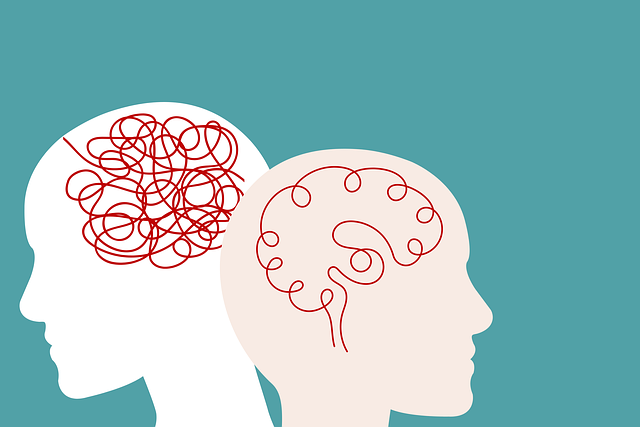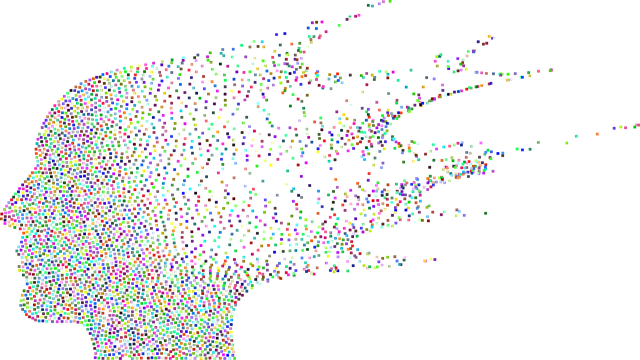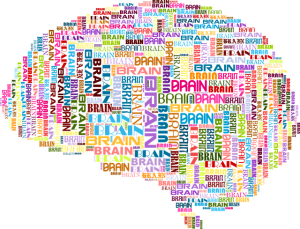Family psychotherapy is a holistic approach to mental health that recognizes the interconnectedness of individuals within families and social networks. It involves all family members in collaborative sessions to improve communication, resolve conflicts, and enhance overall well-being. Using techniques like systems theory and cognitive-behavioral therapy (CBT), therapists help families cultivate healthier interaction patterns, develop self-awareness, empathy, and problem-solving skills, and address underlying issues impacting mental health. By creating safe spaces for open expression and incorporating cultural considerations, family psychotherapy fosters trust, understanding, and personalized support, ultimately promoting stronger relationships and improved mental health for all family members. Accessing professional therapists, community resources, and support groups enhances this process, enabling families to build resilience and navigate mental health challenges together.
Family psychotherapy, a holistic approach to mental health, focuses on improving relationships and emotional well-being within families. This article explores various aspects of family therapy, from the roles of therapists to common issues addressed. We delve into techniques used, benefits of involving entire family units, creating safe spaces, integrating cultural considerations, and accessing resources for continuous growth. Discover how this powerful tool enhances mental health and strengthens family bonds.
Understanding Family Psychotherapy: A Holistic Approach to Mental Health

Family psychotherapy takes a holistic approach to mental health, recognizing that individuals are inherently connected within their families and social contexts. Unlike traditional one-on-one therapy, this method involves all family members in sessions designed to improve communication, resolve conflicts, and enhance overall well-being. By addressing interpersonal dynamics and the unique system each family creates, therapists help families cultivate healthier patterns of interaction.
This approach emphasizes the interdependence of family members and their collective impact on one another’s mental health. Through a combination of collaborative problem-solving, emotional support, and strategic interventions, family psychotherapy fosters an environment where each individual feels heard, valued, and empowered to contribute to the overall resilience and happiness of the family unit.
The Role of Family Therapists in Supporting Emotional Well-being

Family therapists play a pivotal role in promoting and supporting emotional well-being within families. They are trained professionals equipped with specialized skills to help families navigate complex dynamics, resolve conflicts, and enhance communication. Through various therapeutic techniques, they create a safe and supportive environment where each family member can express their feelings and concerns openly.
These therapists facilitate understanding and empathy among family members, enabling them to address underlying issues that may be impacting mental health and overall well-being. By focusing on improving relationships, problem-solving skills, and coping strategies, family therapists help families develop resilience and strengthen their support systems. This, in turn, fosters a healthier emotional environment, benefiting each individual’s mental health and overall family harmony.
Common Issues Addressed Through Family Psychotherapy Sessions

Family psychotherapy sessions are designed to address a wide range of common issues that impact family dynamics and mental health. These can include communication breakdowns, conflict resolution problems, and challenges related to parenting styles, where one or both parents seek guidance on managing behavioral issues in their children.
The therapy also often tackles emotional distance or disconnection within the family, helping members reconnect and strengthen their bonds. It provides a safe space for families to explore underlying issues, such as trauma, substance abuse, or mental health disorders, which can affect individual family members and the collective well-being of the unit. Through collaborative problem-solving and improved communication techniques, family psychotherapy empowers families to navigate challenges more effectively, fostering healthier relationships and enhanced overall mental health.
Techniques and Strategies Employed in Family Therapy

Family therapy employs a range of techniques and strategies tailored to address the unique dynamics and challenges within families. One common approach is systems theory, which views the family as an interconnected system where changes in one member can impact others. Therapists help families improve communication, resolve conflicts, and strengthen relationships by fostering a deeper understanding of these connections.
Another effective method is cognitive-behavioral therapy (CBT), focusing on identifying and modifying negative thought patterns and behaviors. This approach encourages family members to challenge distorted beliefs, manage emotions, and adopt healthier coping strategies. By combining individual and family sessions, mental health psychotherapy in family therapy ensures that each member receives personalized support while also promoting collective growth and understanding.
Benefits of Involving the Entire Family Unit in Psychotherapy

Involving the entire family unit in psychotherapy offers numerous advantages for addressing and improving overall mental health. When all family members participate, therapists gain a comprehensive understanding of the dynamics and interactions within the household, allowing for more tailored and effective treatment plans. This collaborative approach facilitates open communication, encouraging each family member to express their thoughts, feelings, and concerns freely. By doing so, it helps identify underlying issues that might otherwise remain hidden, fostering a deeper level of self-awareness and mutual understanding.
Additionally, family psychotherapy sessions create a safe space for everyone to engage in constructive conflict resolution strategies. It teaches valuable skills in communication, empathy, and problem-solving, strengthening the family’s resilience against future challenges. This holistic approach not only addresses individual mental health concerns but also promotes healthier relationships and an overall more harmonious family environment, benefiting each member’s well-being.
Creating a Safe and Non-Judgmental Environment in Therapy Sessions

In family psychotherapy, establishing a safe and non-judgmental environment is paramount for fostering open communication and encouraging genuine participation from all members. This begins with creating a warm, welcoming atmosphere where each individual feels heard, respected, and valued. Therapists should ensure their behavior, tone, and language convey empathy, understanding, and acceptance, regardless of the family’s challenges or differing viewpoints. By doing so, they signal to the family that this is a safe space for expressing emotions, sharing concerns, and exploring solutions without fear of criticism or judgment.
Such an environment promotes trust, encouraging family members to be vulnerable and honest about their feelings, experiences, and interactions. This openness is essential for identifying underlying issues, understanding complex dynamics, and working collaboratively towards positive changes in mental health psychotherapy. When families feel safe, they are more likely to engage actively in therapy, leading to deeper insights and more meaningful progress over time.
Integration of Cultural Considerations in Family Psychotherapy

In family psychotherapy, integrating cultural considerations is essential for providing tailored and effective treatment. Cultural context plays a pivotal role in shaping family dynamics, values, and communication styles. Therapists must be sensitive to the diverse backgrounds of their clients, encompassing not only racial and ethnic identities but also religious beliefs, socioeconomic status, and immigration experiences. By incorporating these factors into therapy sessions, mental health psychotherapy can address unique challenges and strengths within each family system.
For instance, cultural norms influence decision-making processes, conflict resolution strategies, and expressions of emotion. Therapists who recognize and respect these differences can foster a more inclusive and accepting environment. This approach not only enhances the therapeutic alliance but also enables families to explore and navigate complex issues from their own cultural perspectives. Such integration promotes culturally sensitive mental health psychotherapy, ensuring that interventions are meaningful and effective for diverse family structures.
Accessing Resources and Support for Continuous Mental Health Growth

Accessing resources and support is an integral part of family psychotherapy, enabling continuous mental health growth. This involves exploring various avenues to enhance well-being, such as seeking professional help from therapists or counselors who specialize in family dynamics. These professionals offer evidence-based practices tailored to address specific challenges, fostering healthier communication and stronger relationships within the family unit.
Additionally, there are numerous community resources, support groups, and online platforms that provide valuable information and a sense of belonging. Engaging with these resources allows families to learn coping strategies, gain insights from others’ experiences, and navigate mental health concerns together. By leveraging available tools and connections, families can cultivate resilience, promote positive mental health, and embark on a journey of self-improvement and growth.
